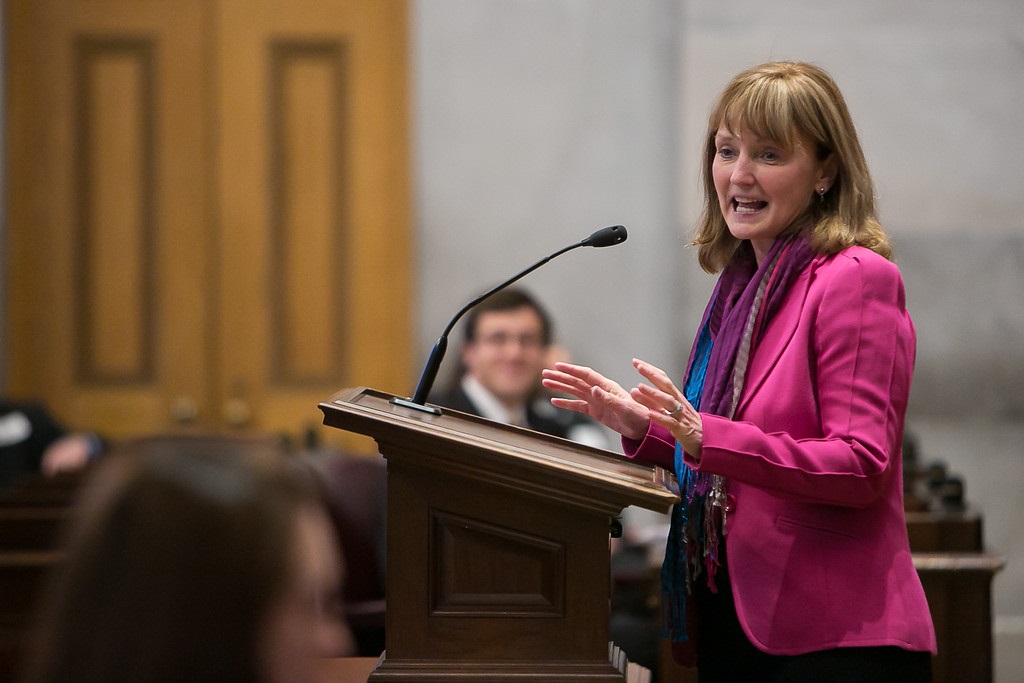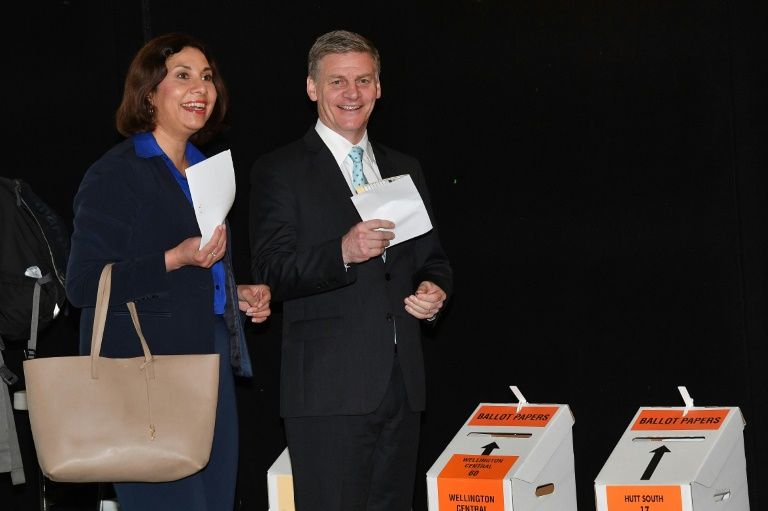Currently, the financing of elections is carried out to promote lobbyists in representative bodies of power. Material resources help candidates and parties obtain the desired number of seats in various government structures.
Financing the preparation of elections is a complex process, on the organization of which the final result of the campaign directly depends.

Foreign experience
It demonstrates the significant role of pressure groups in the material support of elections and their superiority in the process over political parties. Election financing around the world is recognized as an important factor in determining the degree of democracy.
The availability of a sufficient number of material opportunities for a candidate becomes a measure of implementing the principle of equality in a country of political opportunities. Election financing gives political rivals the opportunity to influence the amount of information advertising their programs, which affects the decision of voters.

The situation in the Russian Federation
Financing the conduct of elections can help candidates and those who hold high positions in government to spend time collecting money without fully fulfilling their official duties. The main task they set for themselves is to search for funds for a new campaign in order to "stay" in the workplace. Such a situation leads to a skeptical attitude of society towards the political process, the entire election campaign.
Election financing is a subject of legal regulation, which involves the establishment of certain sources of money, the procedures for their spending. The rules of law that govern relations relating to the material support of election campaigns in the Russian Federation are diverse, they constitute a comprehensive institution of law.
The stages of the election process in the Russian Federation are federal laws on guarantees of voters and the election of the President of the Russian Federation. As well as deputies of the State Duma, the Federal Assembly. Despite the numerous amendments appearing in these laws, the financing of elections in the RF remained unchanged.
Regulatory principles
An analysis of the practice of holding the last election campaigns in Russia indicates that the issues that arise at different stages of the election process remain settled. The literary approach and legal regulation differ in the use of terms that relate to material support. Organization of election financing is mainly associated with campaign advertising. Leaflets, banners, booklets, newspapers, television spots.
The internal affairs bodies are obliged to assist the election commissions in the exercise of their powers related to monitoring compliance by candidates (electoral associations, blocs) with the procedure for financing election campaigning.
Specialists of the Ministry of Internal Affairs of the Russian Federation become active participants in the activities of the control and audit services under the CEC, election commissions of various constituent entities of the Russian Federation, as well as district election commissions.
What is candidate funding? Elections imply certain actions that are aimed at indirect or direct payment on the basis of the following principles: reporting, transparency, responsibility.

Publicity
This principle is being implemented on the basis of the Federal Law of the Russian Federation “On Guarantees of Electoral Rights”. According to Art.59 of this regulatory document, the commission responsible for voting periodically transmits information about the candidates to the media. At the editorial office of municipal and state print media, full information about the candidates is indicated, including the sources of financing the elections.
Publicity and openness require the provision of reliable information by candidates (parties).
A credit institution (holder of an election account) at the request of an election commission, association, bloc must periodically give information on the receipt and expenditure of material resources that are on the account of a particular candidate, block, association.
A credit institution - the holder of an election account, upon presentation of a certain election commission, at the request of another candidate, bloc, association within three days must provide certified copies of the initial financial statements, which fully confirm the receipt and expenditure of the funds of the election funds.
Important aspects
Elections are financed taking into account the Federal Law of the Russian Federation. A clear procedure has been established for the provision of information on the material assets of the candidate. The first information automatically gets from the financial organization to the electoral commission within three days, then informing is done upon written request to the bank of the election commission (there are no clear deadlines for receiving an answer). The amount of information is determined by commissions in special forms established by the Central Election Commission of the Russian Federation.

Expense accounting
They indicate the amount and source of receipt, the date of credits to the current account, a document that confirms the direction of resources (postal order, payment order, savings book). The share of involvement of foreign capital in the election campaign is also noted if the contribution is made by an individual. The choice of the source of financing for the project is determined by the candidate (association, bloc) himself, provided that the organization (private individual) does not carry out extremist activities.
Information on the expenditure of monetary resources involves accounting for the amount of expenditure, the date of withdrawal of money from the account, the direction of spending, as well as the recipient of the receipt of monetary resources.
Since cash withdrawn does not imply reporting in the direction of its spending, there is a potential possibility of spending it without clear control. In order to guarantee the publicity of the revenues and expenditures of the finances of election funds, the issue of the amount of information published in the media is considered. In particular, funding for the presidential election involves detailed media reports on each candidate. Voters who are familiar with publications should have a clear picture of each of them.

What information is considered mandatory
According to the Federal Law of the Russian Federation, financing of presidential elections requires the obligatory publication of the following information:
- on financial transactions that exceed 200 thousand rubles;
- the number of citizens who have voluntarily donated more than 400 thousand rubles to the election fund;
- the number of citizens who contributed in the amount of 40 thousand rubles;
- funds returned to donors indicating the reason for the return;
- about the total material amount available to the election fund, as well as the resources spent from it as part of the campaign.
This information should be clear and understandable.
Reporting Features
This is a fundamental principle that is used to finance elections held in the Russian Federation.The procedure for accounting and types of reports on the means of the election funds of the CEC of the Russian Federation is established in agreement with the Central Bank of the Russian Federation or the election commission of a specific subject of the country.
Reporting is one of the fundamental principles of election financing. The procedure for accounting and reporting on the funds of election funds is established by the Central Election Commission of the Russian Federation in coordination with the Central Bank of the Russian Federation or the election commission of a constituent entity of the Russian Federation in coordination with national banks, the main departments of the Central Bank of the Russian Federation in constituent entities of the Russian Federation. Currently, there are several options for reporting documentation: candidates, associations, blocks, commissions. Such financial documents are the basis for the preparation of reporting documents by the election commissions themselves, reporting to a specific representative body of authority. In the case of local elections, documents on the expenditure of material resources are provided to local authorities.

Report Form
In Russian legislation there is no clearly established form by which reporting is carried out. Practice shows that it is being developed by election commissions that have such powers. As a rule, this is done by the CEC of the Russian Federation and the election commissions of the country's constituent entities.
Number of reports
According to the Federal Law of the Russian Federation on electoral rights, a candidate, association, electoral bloc must submit at least two financial plan reports to a specific commission. One is provided no later than 10 days before the moment of voting, and the second - no later than a month after the official publication of the results of the elections. The reports indicate the size of its own election fund, sources of replenishment, as well as expenses that were incurred at the expense of the funds of a particular fund.
The final financial report is submitted together with the primary documents, which confirm the receipt and expenditure of material resources of the fund. Copies of the documentation are transmitted by the commissions to the media within a period not exceeding 5 days after their receipt.
Financial Reporting Relationships
Those relationships that arise in the framework of financial statements are of a public law nature. It is assumed that one party is obliged to provide accounting documents, and the second is to receive them. Election commissions in the Russian Federation are not legally liable for the information that is provided to them by a candidate (party, association). Their responsibilities include only accepting the report. There is no article in the legislation of the Russian Federation on which election commissions could refuse to accept financial statements for candidates. The Federal Law of the Russian Federation does not give the commissions the right to a legal assessment of the information provided, or to make judgments about compliance by the party (individual individual) with the legislation.

One-time financial statements
Among the main disadvantages that can be distinguished, we note:
- The lack of accountability of competing parties, candidates during the election campaign to government agencies about their own financial activities. Such freedom entails the misuse of the resources of election funds, including budgetary funds.
- The candidate’s financial report does not imply legal liability, which is often used by potential politicians.
To summarize
It is difficult to imagine a full and effective election commission without attracting certain financial resources. The election legislation in our country establishes mandatory financial statements for individuals (associations, parties) who are officially registered as candidates for local, regional, federal elections,as well as as part of the presidential campaign. In the budgets of the election commissions, funds are allocated according to the line “for referenda and elections”, therefore, a report is drawn up on it.
Financial reports of the CEC of the Russian Federation, as well as commissions of the subjects are submitted to the chambers of the Federal Assembly of the Russian Federation, legislative (representative) authorities of the subjects, local self-government.
Practice shows that financial information from election commissions is most often not provided to local authorities. Information on the receipt and expenditure of material resources is transmitted to the TECs of the entities. This commission, in turn, sends reporting information to the Central Election Commission no later than 50 days from the date of the official publication of the results in the media.
How is the selection of funding sources made? Enterprises that provide campaign funds do so on a voluntary basis. Transparency of reporting documentation is a prerequisite for the recognition of voting results as objective, and the campaign itself - held and legally legal.
